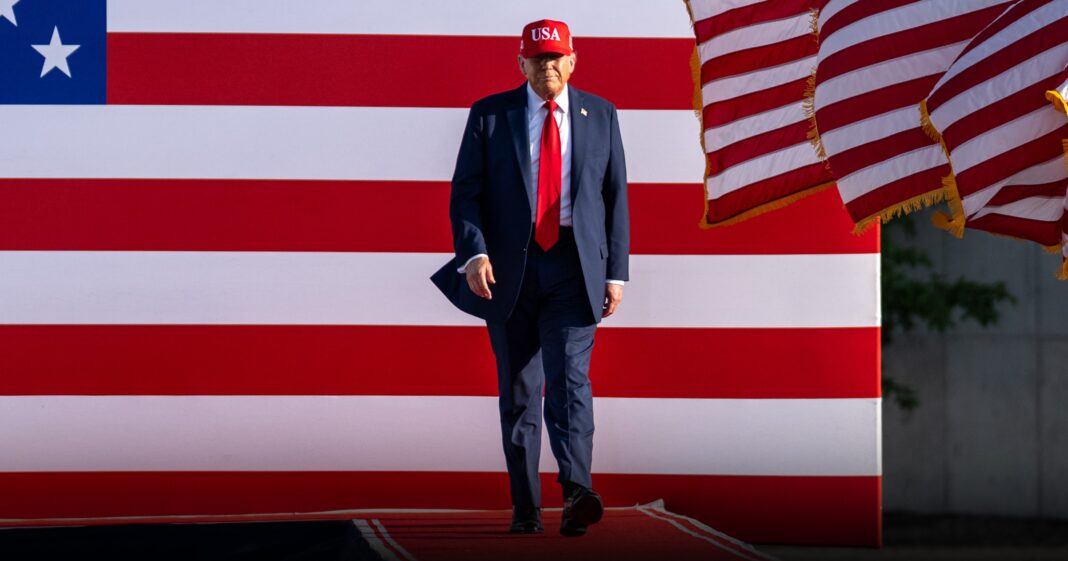On Friday, President Donald J. Trump signed a proclamation that makes it harder for some H-1B nonimmigrant workers to come to the U.S. unless their petitions are accompanied by a $100,000 annual fee . The White House says this is a broad move to stop abuse of the program and protect U.S. wages and national security.
The order takes effect at 12:01 a.m. EDT on Sunday, Sept. 21, 2025, and—absent an extension—will run for 12 months. It applies to H-1B “specialty occupation” workers seeking to enter the United States from abroad; case-by-case exemptions may be granted if the Secretary of Homeland Security determines an entry is in the national interest and poses no risk to U.S. security or welfare.
Under the directive, employers must retain documentation showing the required payment was made. The State Department will verify payment during visa processing, and—working with the Department of Homeland Security—deny entry to beneficiaries whose employers have not paid. The Labor and Homeland Security departments are instructed to issue joint guidance governing verification, audits, enforcement, and penalties.
The proclamation also directs the Labor Department to open rulemaking to revise prevailing-wage levels for H-1B positions and instructs Homeland Security to propose changes that prioritize higher-skilled, higher-paid H-1B workers. The White House argues the current system has been used to replace American workers with lower-paid foreign labor, particularly in information technology, and says raising costs and wage floors will deter misuse.
Administration officials frame the policy as part of a broader push to “put American workers first,” alongside trade and tariff measures and tighter workforce program rules. A recommendation on whether to extend the entry restriction is due to the President after the next H-1B lottery cycle is completed.
What’s next: Agencies now must publish implementation guidance and begin the wage and prioritization rulemakings, while consular posts and DHS align procedures to verify payments and enforce denials where required.
A global media for the latest news, entertainment, music fashion, and more.














